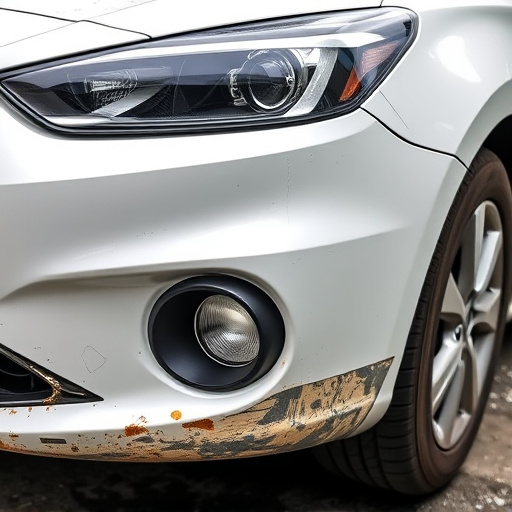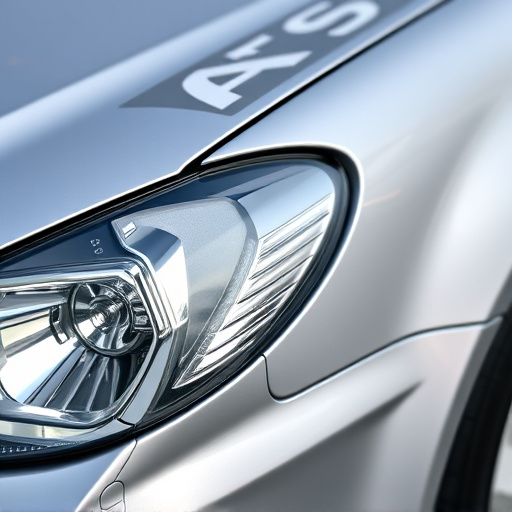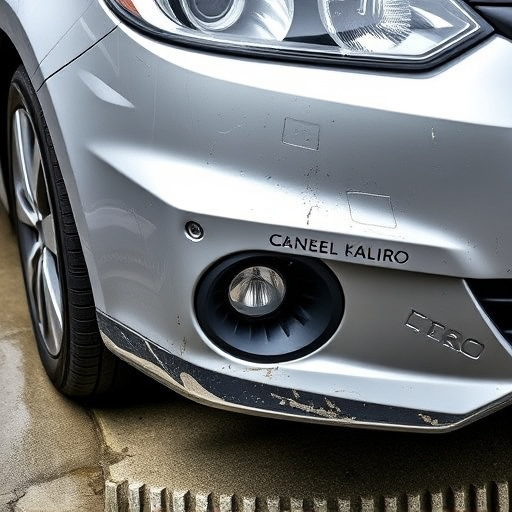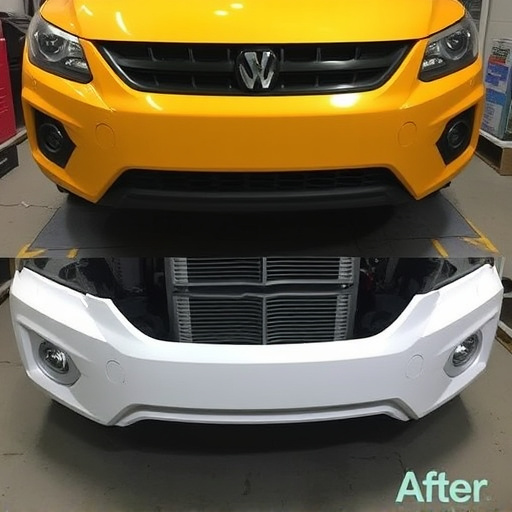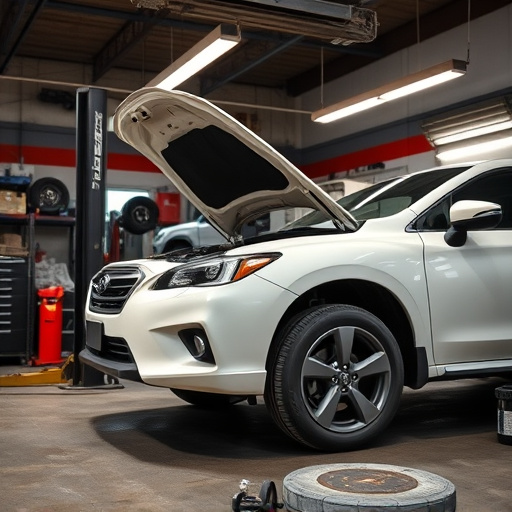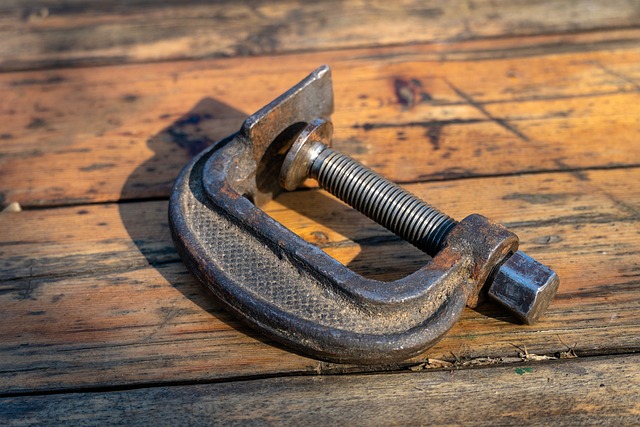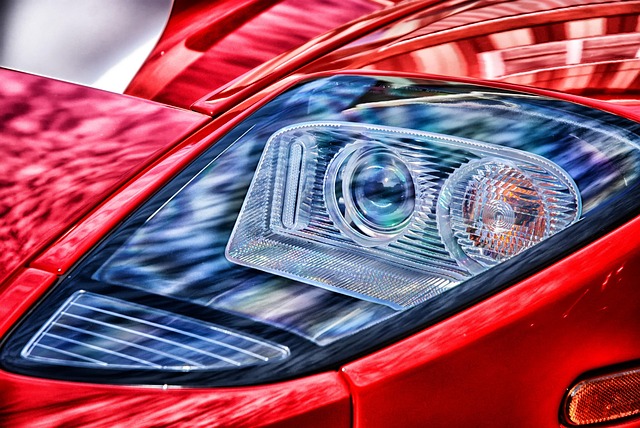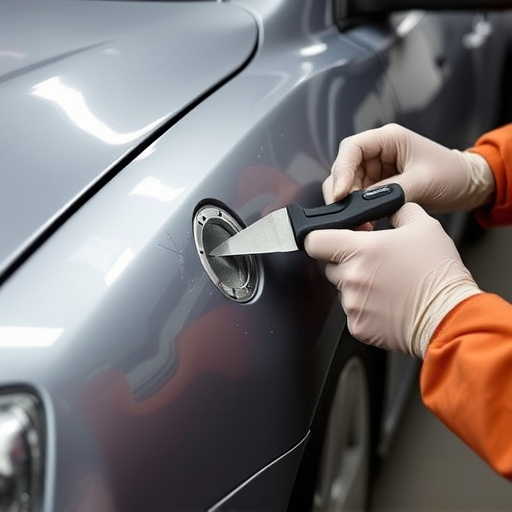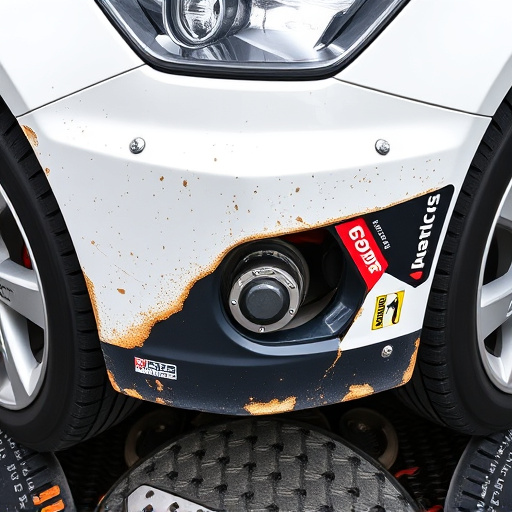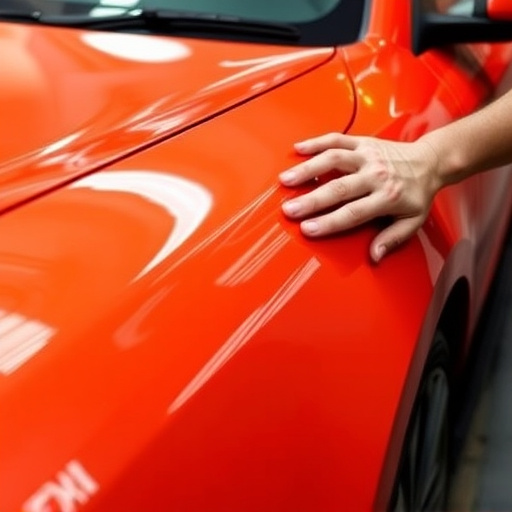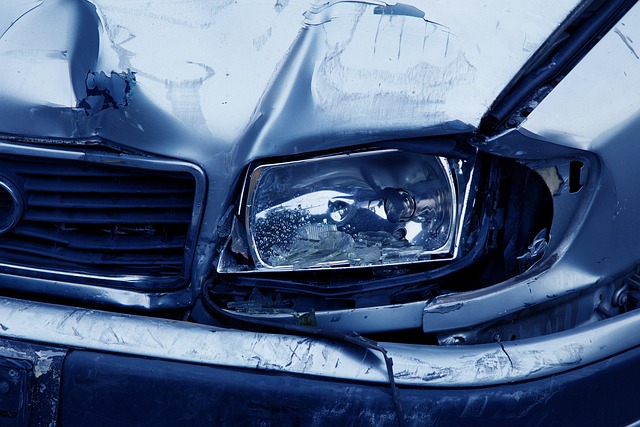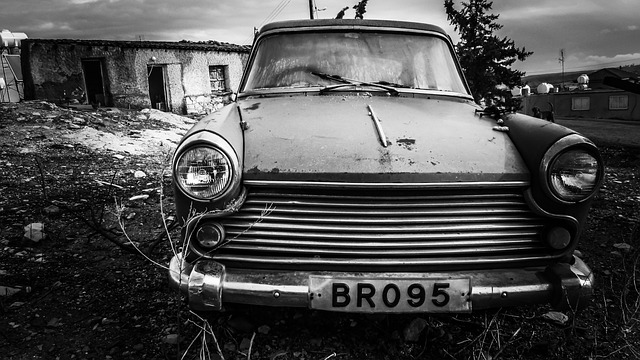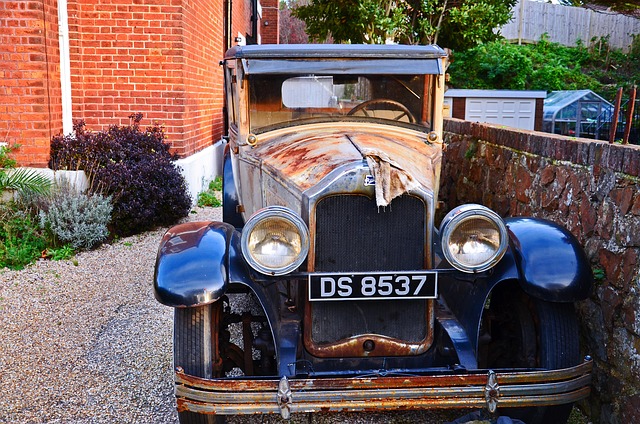Mercedes impact sensor calibration is vital for modern vehicle repair, ensuring safety and efficiency in luxury car repairs. These sensors measure collision forces and positions, enabling advanced driver assistance systems to respond accurately. Proper calibration guarantees replacement sensors function optimally, enhancing accident avoidance and vehicle handling. Specialized tools verify torque and position during dent or paint repairs, maintaining consistency and reliability, crucial for damage assessment, insurance communication, and safe restoration.
Mercedes impact sensors play a critical role in active safety systems, detecting collision events and deploying airbags promptly. Proper calibration of these sensors is essential for optimal performance. This article delves into the intricacies of Mercedes impact sensor calibration, focusing on torque and position verification. We explore the process, the significance of precision, and how regular calibration ensures the system’s reliability in real-world scenarios, ultimately enhancing vehicle safety.
- Understanding Mercedes Impact Sensor Calibration
- Torque and Position Verification: The Process
- Ensuring Optimal Performance Through Precision Calibration
Understanding Mercedes Impact Sensor Calibration
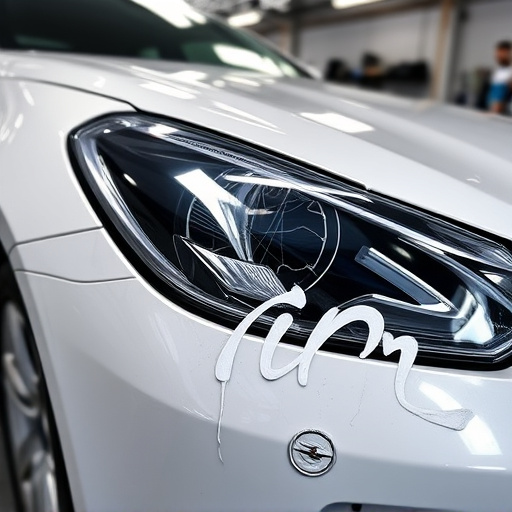
Mercedes impact sensor calibration is a critical process that ensures the safety and efficiency of luxury vehicle repair. These sensors play a vital role in detecting and measuring the force and position of an impact during a collision, enabling quick and accurate responses from advanced driver assistance systems (ADAS). A well-calibrated sensor is crucial for optimal performance, as even slight discrepancies can lead to system malfunctions or false readings.
In a collision repair shop, precise calibration guarantees that replacement sensors function identically to the originals, enhancing the overall safety of the vehicle. By verifying both torque and position, technicians can ensure that every impact sensor operates within specified parameters, thereby contributing to better handling and accident avoidance in the future. This meticulous process is an essential aspect of modern vehicle repair, particularly for high-end luxury vehicles known for their advanced safety features.
Torque and Position Verification: The Process
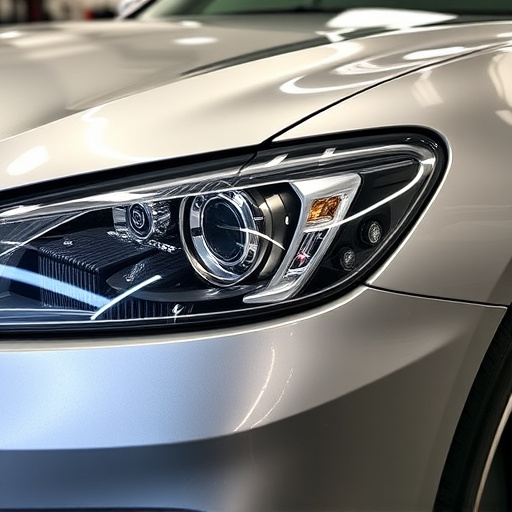
Torque and position verification are integral components of Mercedes impact sensor calibration, ensuring precise measurements during car dent repair or car paint repair processes. This verification involves meticulously checking the rotational force (torque) applied to the sensor and its corresponding positional data. During calibration, specialized tools measure the exact torque required for different repair scenarios, such as minor car dents or more complex car restoration work.
The process aligns the sensor’s readings with the actual physical movements, crucial for accurate damage assessment. This verification step guarantees that the Mercedes impact sensor calibrates to the specific tolerances needed for various automotive bodywork tasks. It ensures consistency and reliability, allowing technicians to perform high-quality car dent repair or car restoration jobs, maintaining vehicle integrity and aesthetics.
Ensuring Optimal Performance Through Precision Calibration
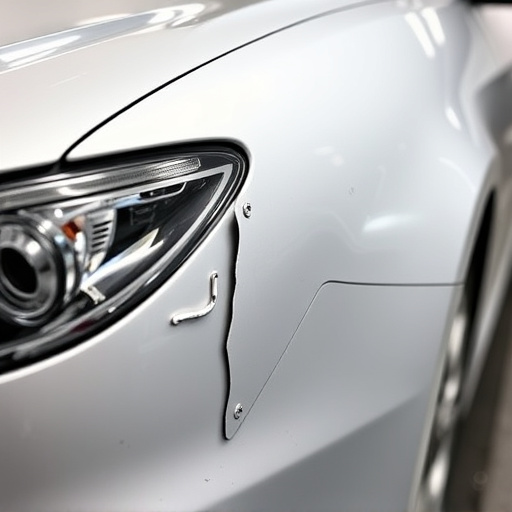
Precision calibration is paramount when it comes to ensuring optimal performance from a Mercedes impact sensor. This advanced technology plays a critical role in vehicle safety and repair, accurately measuring both torque and position during collision events. An improperly calibrated sensor can lead to compromised data integrity, impacting decisions made by airbag systems and other active safety features. Auto body shops and automotive repair centers near me that specialize in Mercedes calibration services employ sophisticated tools to verify these measurements, guaranteeing the sensors function at peak efficiency.
Regular calibration ensures that the impact sensor provides reliable information, which is crucial for accurate damage assessments and safe vehicle restoration. For auto body shops, maintaining precise calibration standards not only upholds safety protocols but also facilitates effective communication with insurance providers and customers. By adhering to rigorous calibration practices, these professionals can deliver top-notch services, restoring vehicles to their pre-accident condition with confidence.
Mercedes impact sensor calibration is a critical process that ensures the optimal performance of collision detection systems. By accurately verifying torque and position, vehicle manufacturers like Mercedes can guarantee precise data output during crashes. This precision is vital for effective airbag deployment, enhancing passenger safety. Regular calibration not only improves system reliability but also aligns with modern automotive standards, making it an essential maintenance practice for maintaining top-tier vehicle safety.
